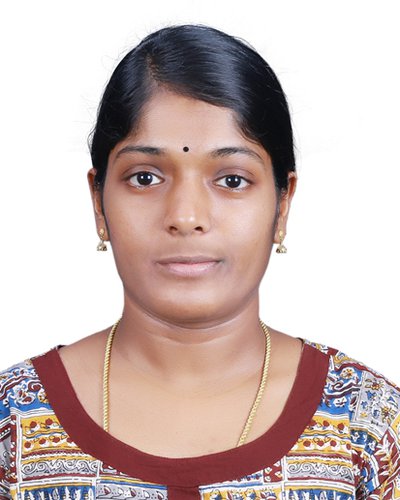




Assistant Professor
9447956884
shimachem@kannuruniv.ac.in
Qualifications : PhD
At Department of Chemistry, Kannur University (from August 2020 to present):
At Department of Chemistry, NIT Trichy (from July 2015 to July 2020):
Research Projects undertaken
Research experience